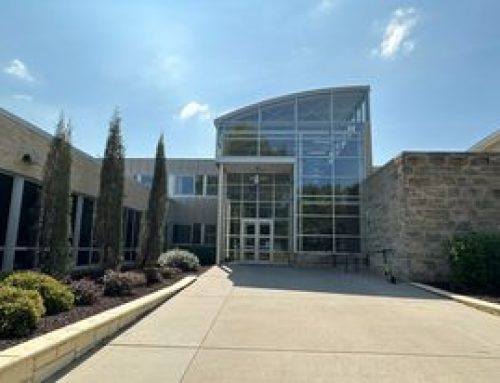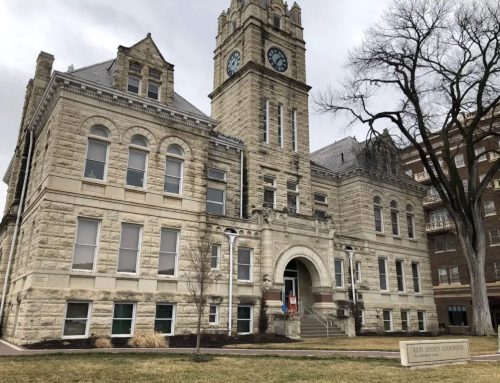
Manhattan-Ogden USD 383 and Manhattan Area Technical College entered the new school year without a negotiated agreement for concurrent and automotive technology education offerings at Manhattan High School.
The memorandum of understanding traditionally spells out how much MATC is required to reimburse to the school district, which provides the faculty for general education and Excel in CTE courses. Superintendent Eric Reid informed the school board last Wednesday that MATC has proposed a new agreement this year, significantly reducing the amount of funding coming back to Manhattan High School.
“Number one, I don’t know if teachers would teach the classes with what was proposed. I don’t know if we could fund the CTE or welding programs to the level we have, without that money coming back as well,” he said.
Students enrolled in these courses don’t pay any tuition. Reid told board members he was concerned about not being consulted about the change along the way.
“I think they can point to transition, this or that. They know where we were. I think what they were told very early on was (that it was) not acceptable and they didn’t change anything coming into the year,” he said.
MATC is paid tuition reimbursement from the state, which is a flat rate set by the Kansas Board of Regents, based on program costs and not based upon MATC’s current tuition rates. President Jim Genandt says he believes the new proposal should still meet the district’s basic costs, while allowing the college to have some avenue of cost recovery, amid rising expenditures.
“We get paid tuition costs by the state regents, but it’s not at our tuition rate, it’s a flat rate that they determine on program costs. When they do those determinations, they factor in data from all 26 two-year colleges,” he said.
Technical college tuition and fee rates tend to be higher than community colleges traditionally, according to Genandt, since they don’t have taxing authority.
“It’s been a successful program and it’s grown and we love it, but we don’t get full cost recovery as we would with a traditional student, where we could charge tuition and fees,” he said.
Genandt says the new proposal was written in a way to prevent legislators from taking away funding if there was concern it was supplanting offerings at a K-12 school.
As for negotiations, it’s unclear how soon a new deal is reached.
“We’re working on it,” Reid said in an email to KMAN.








